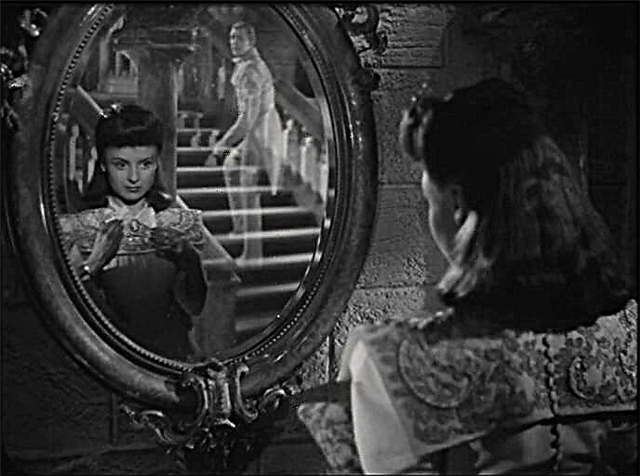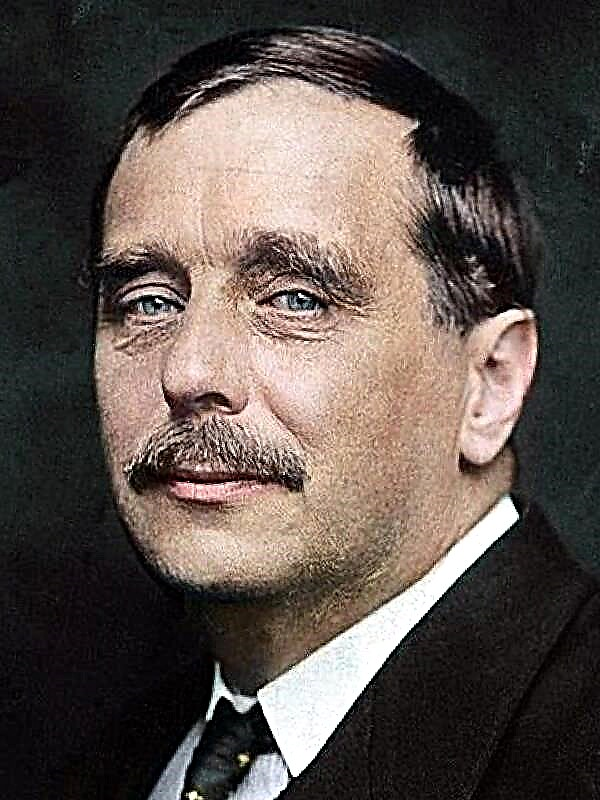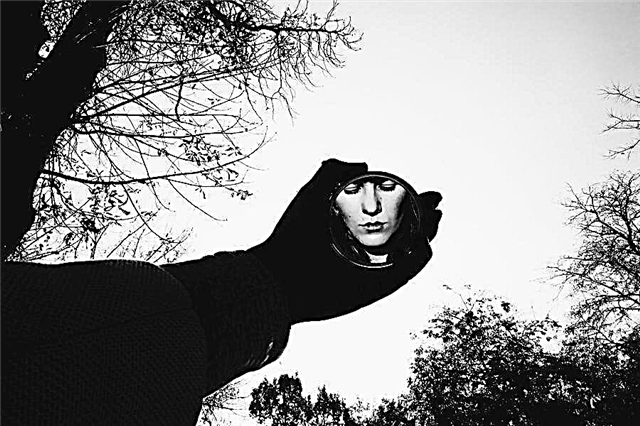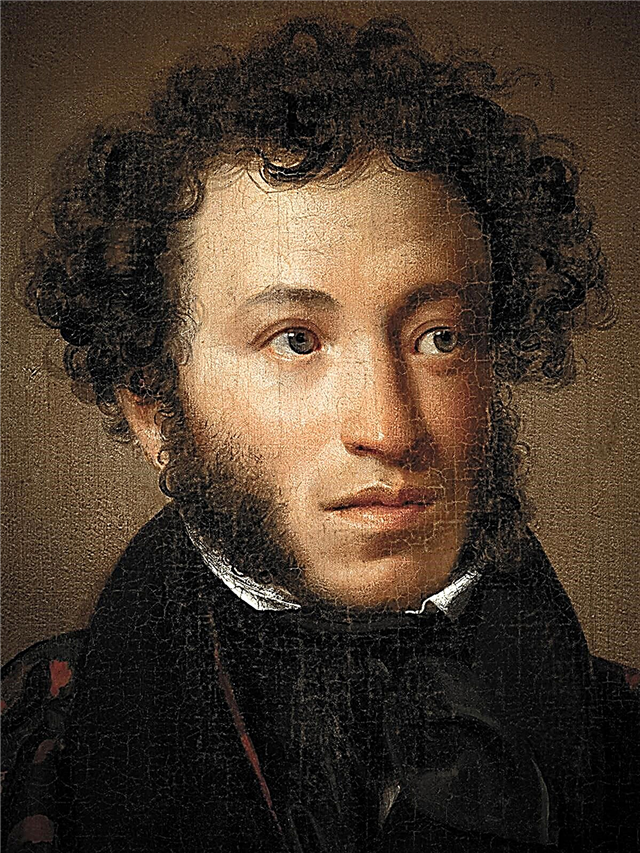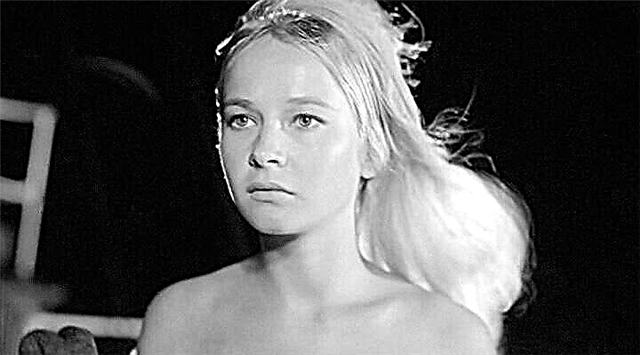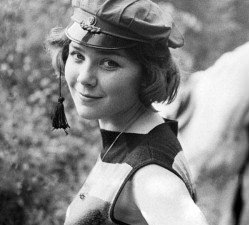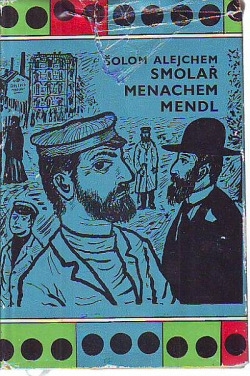The old woman Anna lies motionless, not opening her eyes; it is almost frozen, but life is still warm. Daughters understand this by holding a piece of a broken mirror to their lips. It is fogging up, so mom is still alive. However, Varvara, one of Anna’s daughters, considers it possible to mourn already, “to reject her”, which she selflessly does first at bed, then at the table, “where it’s more convenient.” Daughter Lucy at this time sews a mourning dress tailored in the city. A sewing machine chirps to the beat of Barbarian sobs.
Anna is the mother of five children, her two sons perished, the first ones born one for God, the other for the boyfriend. Varvara came to say goodbye to her mother from the district center, Lyusya and Ilya from the nearby provincial towns.
Waiting for Anna Tanya from distant Kiev. And next to her in the village was always son Michael, together with his wife and daughter. Gathering around the old woman the next morning after the arrival of the day, the children, seeing the mother revived, do not know how to react to her strange rebirth.
“Mikhail and Ilya, having brought vodka, now did not know what to do: compared to this, everything else seemed to them nothing, they toiled, as if passing through themselves every minute.” Huddled in the barn, they get drunk almost without a snack, except for those products that carry little daughter Michael Nink for them. This causes legitimate female anger, but the first piles of vodka give men a sense of genuine celebration. In the end, the mother is alive. Ignoring the girl collecting empty and unfinished bottles, they no longer understand what thought this time they want to drown out, maybe it's fear. “The fear of the consciousness that the mother is about to die is not like all the previous fears that fall to them in life, because this fear is the worst, it comes from death ... It seemed that death had already noticed them all in the face and already no longer forget. "
Drunk thoroughly and feeling the next day “as if they had been passed through a meat grinder,” Mikhail and Ilya thoroughly hangover the next day. “But how not to drink? - says Mikhail. - A day, a second, even a week - it is still possible. And if you don’t drink until death? Just think, there’s nothing ahead. One and the same thing. There are so many ropes that keep us both at work and at home, that we should not gasp, how much you had to do and did not do, everything should, should, should, should, and the further you go, the more you have to - everything is lost. And he drank, as he fell into freedom, he did everything right. And he didn’t have to do what he did, and he did the right thing, that he didn’t. This does not mean that Mikhail and Ilya do not know how to work and never knew any other joy, except from drunkenness. In the village where they once lived together, there was a common work - “friendly, avid, sonorous, with a dissonance of drunk and axes, with a desperate hoot of felled foresters, responding in the soul with enthusiastic anxiety with the obligatory banter with each other. Such work happens once a season in the harvesting of firewood - in the spring, so that the yellow pine logs with a thin silky skin, which are pleasant to the eye, dry out over the summer, and they fit into neat woodpiles. ” These Sundays are arranged for themselves, one family helps another, which is now possible. But the collective farm in the village is falling apart, people are leaving for the city, there is no one to feed and raise livestock.
Recalling his former life, the townswoman Lucy imagines with great warmth and joy the beloved horse Igrenka, on whom “slap a mosquito, he will fall”, which in the end happened: the horse died. The dragger dragged a lot, but didn’t do it. Wandering around the village in the fields and arable land, Lucy realizes that she does not choose where to go, that she is guided by some outsider who lives in these places and professes her strength. ... It seemed that life came back because she, Lyusya, forgot something here, lost something very valuable and necessary for her, without which it is impossible ...
While the children drink and indulge in memories, the old woman Anna, having eaten the semolina porridge specially cooked for her, cheers up even more and goes out onto the porch. She is hung by the long-awaited friend of Mironikha. “Oti-mochi! Are you old woman alive? - says Mironikha. “Death doesn’t take you? .. I’m going to her funeral wake, I think she kindly taunted her, and she’s all tutak.”
Anna grieves that among the children gathered at her bedside there are no Tatyana, Tanchory, as she calls her. Tanchora was not like any of the sisters. She stood as if between them with her special character, soft and joyful, human. And without waiting for her daughter, the old woman decides to die. “She had nothing more to do in this world and there was no need to put off death. While the guys are here, let them bury them, they are conducting, as is customary with people, so as not to return to this concern another time. Then, you see, Tanchora will come ... The old woman thought about death many times and knew her as herself. In recent years, they have become girlfriends, the old woman often talked to her, and death, settling down somewhere on the sidelines, listened to her judicious whisper and sighed with understanding. They agreed that the old woman would leave at night, first fall asleep, like all people, so as not to frighten death with open eyes, then she would quietly cuddle up, take off her short worldly dream and give her eternal rest. ” So it all comes out.


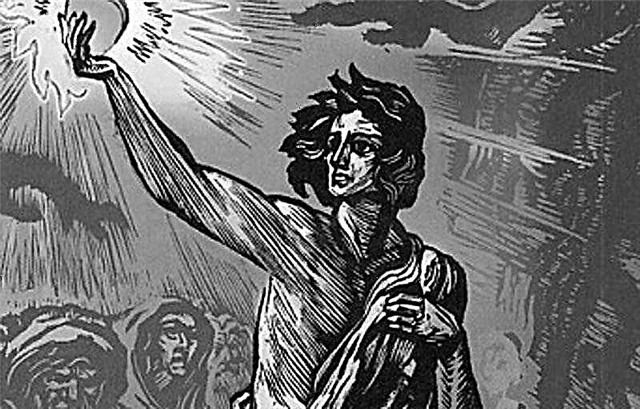
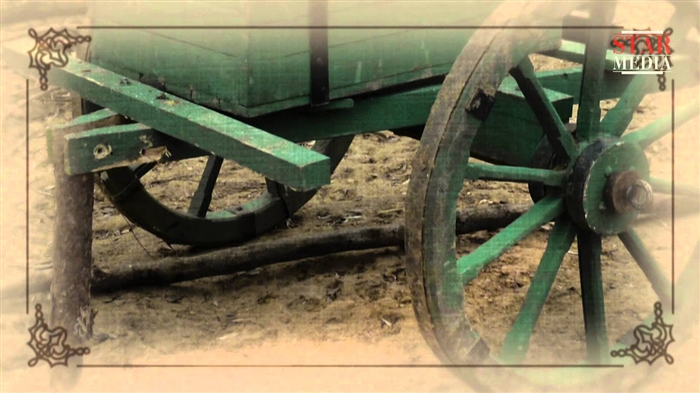 Roslavlev
Roslavlev